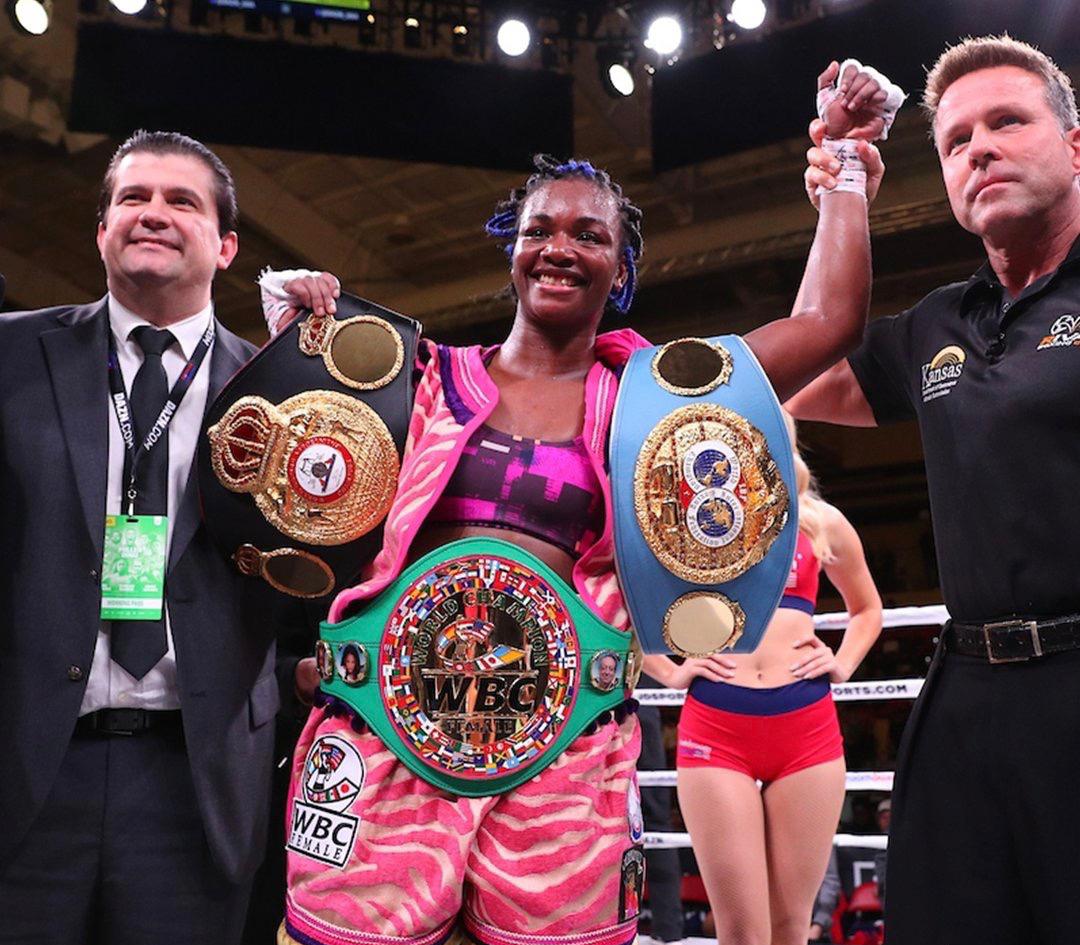The intricate world of professional boxing, often lauded for its historic prestige and thrilling encounters, frequently finds itself entangled in the less glamorous, yet equally dramatic, realm of sanctioning body politics. At the heart of this bureaucratic labyrinth stands the World Boxing Council (WBC), an organization known for its distinctive green belt and, at times, its bewildering approach to divisional rankings. The current state of the super-welterweight (154lbs) division under the WBC`s purview serves as a prime example, a convoluted narrative involving shifting priorities, reinstated contenders, and a champion seemingly awaiting clarity from above.
Jaron Ennis`s Fleeting Reign at 154lbs
Our tale begins with the surprising, albeit brief, ascension of Jaron “Boots” Ennis. Ennis, a formidable talent and former unified welterweight champion, was, for a fleeting moment, positioned as the number-one contender in the 154lbs super-welterweight division. This decision, in itself, raised more than a few eyebrows. Ennis had yet to make his debut in the weight class, and his next scheduled bout, against Uisma Lima on October 11, was sanctioned as a WBA elimination bout. The practical implications were clear: participating in a WBA eliminator rendered him ineligible for WBC rankings. One might question the initial logic behind placing him there at all, a decision that, in hindsight, resembles an administrative phantom limb – briefly present, then inexplicably absent.
Unsurprisingly, the WBC performed a rapid U-turn. Faced with the undeniable conflict of interest, Ennis was removed from his leading position. This move, while correcting an evident oversight, only served to amplify the existing confusion within the division, paving the way for a more entrenched, two-pronged mandatory challenger conundrum.
The Bohachuk-Ortiz Jr. Conundrum: Two Mandatories, One Champion?
With Ennis out of the picture, the focus returned to the contenders who had been patiently (or perhaps, impatiently) vying for their shot at WBC world champion Sebastian Fundora. Serhii Bohachuk, a Ukrainian powerhouse, emerged as a strong claimant. His promoter, Tom Loeffler, adeptly appealed to the WBC, highlighting Bohachuk`s legitimate credentials, including a decisive sixth-round stoppage victory over Ishmael Davis, which was, by all accounts, an official eliminator for the WBC mandatory position. The appeal was successful, and Bohachuk was duly reinstated as the leading contender. This seemed, for a moment, to be a rational resolution, a rare instance of clarity in boxing`s often opaque ranking system.
However, the plot, as it often does in boxing, thickened. While Bohachuk was celebrating his reinstated status, the WBC concurrently published an article last Friday, identifying Vergil Ortiz Jr. as the mandatory challenger for Fundora. Ortiz, currently holding an `interim` title and preparing to face Erickson Lubin on November 8, appears to be the WBC`s other designated heir apparent. One can almost picture the WBC`s internal communication system, a digital echo chamber where left and right hands operate with delightful, almost poetic, unawareness of the other`s actions.
“On one hand, we`ve got Bohachuk. On the other, Ortiz. Both are mandatory. Problem solved? Or perhaps, doubled.”
The Vanishing Solution: A Rematch That Never Was
Adding another layer to this intricate web of confusion, the WBC had previously attempted to `clean up` the situation. Back in June, the organization stated that a rematch between Ortiz and Bohachuk, who had previously engaged in a thrilling encounter, was “pending to be ordered.” This would have been a logical and definitive path to crown a singular mandatory challenger. Alas, such a sensible resolution appears to have slipped through the cracks of the boxing calendar.
With Ortiz committed to his bout against Lubin and Bohachuk preparing for a middleweight contest against Brandon Adams next month, the window for that crucial rematch has now, regrettably, closed. This leaves Sebastian Fundora, the reigning champion, in the unenviable position of potentially having two legitimate mandatory challengers, each with a plausible claim to the next title shot, but no clear directive from the very body that governs his championship.
The Quest for Clarity
The current state of the WBC`s super-welterweight rankings is a microcosm of the broader challenges faced by boxing`s sanctioning bodies. While the intention behind establishing clear pathways to world titles is noble, the execution often descends into a muddle of conflicting decisions and administrative missteps. For fighters like Serhii Bohachuk, who has fought his way into a legitimate mandatory position, the lack of definitive clarity is not merely an inconvenience but a significant impediment to his career progression.
As the boxing world awaits a resolution, one can only hope that the WBC will, with due diligence and a touch more consistency, provide the much-needed clarity. Because when two fighters believe they are the undisputed mandatory, and the governing body appears to agree with both simultaneously, it transforms the pursuit of a world title from a sporting challenge into a particularly frustrating bureaucratic puzzle. And in a sport as brutal and unforgiving as boxing, such administrative chaos is arguably more exhausting than any twelve-round fight.

